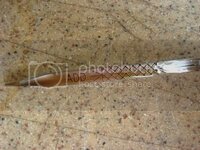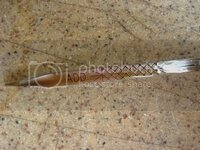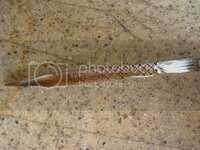clutchdust
Millionaire Playboy
Clearly, you did not read the posted link. It is the contention of the author that regardless of what oil you have in the bearings or journals, it does not do any good at reducing wear until it is up to temperature.
I know, it sounds antithetical to me too. But based on his article, you can have all the accusumps you want, it won't cut down on the wear at start up. I don't know how much I believe that but the guy has educated himself on oil far more than I have.
But on the subject of oil pressure and bearing lubrication, the pressure sensor on my suburban is located off the front main galley. I go to full pressure on that sensor within 3 seconds or less from start up. So, at least for my DD, I'm not all that worried about start up lubrication. At least in the context of oil flow. Now, if you read his article, you might come to the conclusion, as I have, that the single most important thing you could do to reduce wear on start up is the installation of a crank case heater. But like I said in an earlier post, it is unlikely that any of us will do that. Or at least on a regular basis.
I know, it sounds antithetical to me too. But based on his article, you can have all the accusumps you want, it won't cut down on the wear at start up. I don't know how much I believe that but the guy has educated himself on oil far more than I have.
But on the subject of oil pressure and bearing lubrication, the pressure sensor on my suburban is located off the front main galley. I go to full pressure on that sensor within 3 seconds or less from start up. So, at least for my DD, I'm not all that worried about start up lubrication. At least in the context of oil flow. Now, if you read his article, you might come to the conclusion, as I have, that the single most important thing you could do to reduce wear on start up is the installation of a crank case heater. But like I said in an earlier post, it is unlikely that any of us will do that. Or at least on a regular basis.



